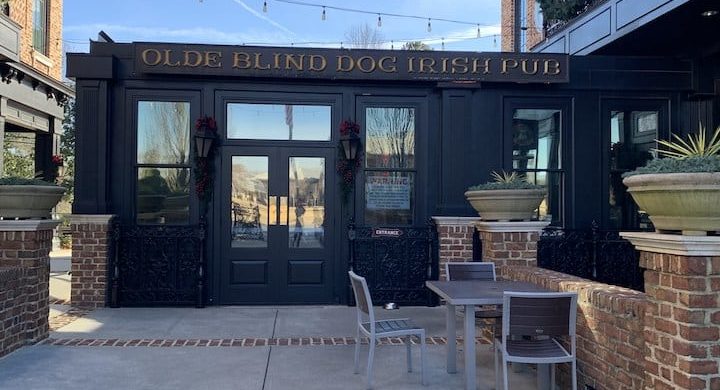By Amanda Morris
In a year that has seen empty hotel lobbies, “For Lease” signs covering travel agency windows and cash-strapped airlines offering deep discounts, Georgia’s tourism economy is getting a brief boost from the hoopla attending the runoff for the state’s two Senate seats.
Past political campaigns featured soft-palmed candidates shaking hands and exhorting small town political activists while they scarfed down luncheon specials served at the downtown café. Social distancing guidelines and mask wearing prevents the replication of this tradition. Instead, these Senate runoffs offer large outdoor rallies where voters can still see candidates speak, but from a distance and behind a mask. Though campaigns must forsake the local fried chicken and peach pie shop, many restaurants are still benefiting from the rallies, if only by proximity.
Food for Thought
Located 60 miles northeast of Atlanta, the city of Athens is home to the University of Georgia. It also boasts Clocked, a boldly conceived diner with bright neon walls and red high top diner chairs where people can chow down on a classic hamburger or opt for the Peanut Butter and Bacon Burger. Clocked owner David Zwart says his restaurant enjoyed a 25% increase in customers on the day one Democratic candidate held a nearby downtown rally. He credits the increase in customers to his close proximity to the rally site.
In a year of outdoor social distancing, proximity really matters. Olde Blind Dog, an Irish pub located in the Atlanta suburb of Milton served as the accidental background for one Republican candidate and Ivanka Trump when they spoke right in front of the establishment during an outdoor rally. While the restaurant did not cater the event, general manager John Sweeney says the restaurant undoubtedly benefited from the crowd of people right at their front door.
They opened at 8:00 am rather than their usual 11:00 and sold food including freshly made cinnamon rolls to attendees. He also said that many of the attendees stopped in for lunch following the rally. All state guidelines regarding masks and social distancing were enforced and followed. In regard to their location near the rally, Sweeney says “We’re very fortunate.”
Empty Hotel Bars
For the beleagured hospitality industry campaign stops in small towns have provided only temporary increases in occupancy. Columbus located in West Georgia has been host to several candidates and several other high profile political names over the past few months, but business quickly declined once the campaigns left town. Marketing directors at several hotels including the Columbus-Fort Benning Holiday Inn Express and Suites admit the temporary gains don’t offset the loss of all the people who normally book rooms for sporting events that have been canceled due to Covid.
The real winners of these Senate runoffs are not restaurants but the local television stations. According to AdWeek, the candidates have spent upwards of $440 million on radio and television advertising through the course of these campaigns as of December 10. Ironically, while in-person campaigning has largely taken place in more rural areas and small towns, over 60% of television advertising has run in the Atlanta market alone. By contrast, campaigns have spent just 6% on television ads in Columbus.
While these elections have not been the much-needed, long-lasting healing salve Georgia’s economy needs, they provided some local businesses with a day or two of increased sales they have not seen in nine months. How hospitality providers fare once the votes are counted and the Circus leaves town remains to be seen.
Atlanta resident Amanda Morris is a junior at Syracuse University, pursuing a degree in Television, Radio, and Film at the S.I. Newhouse School of Public Communications.


